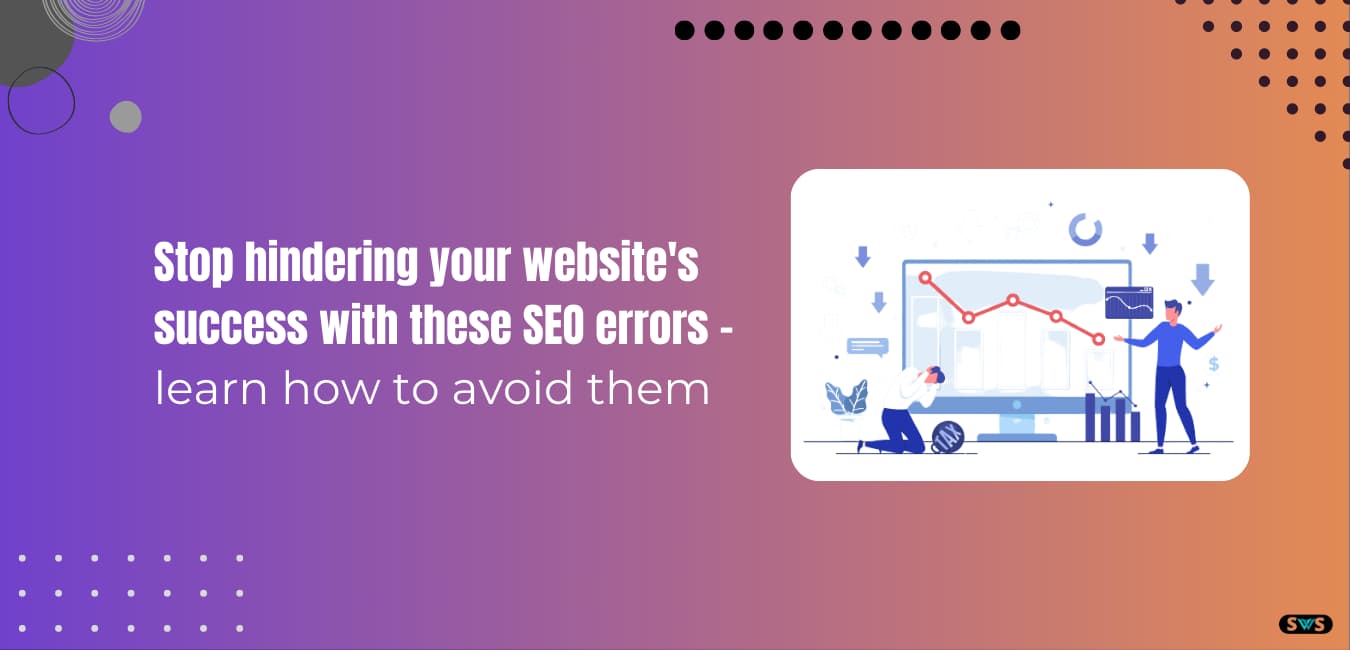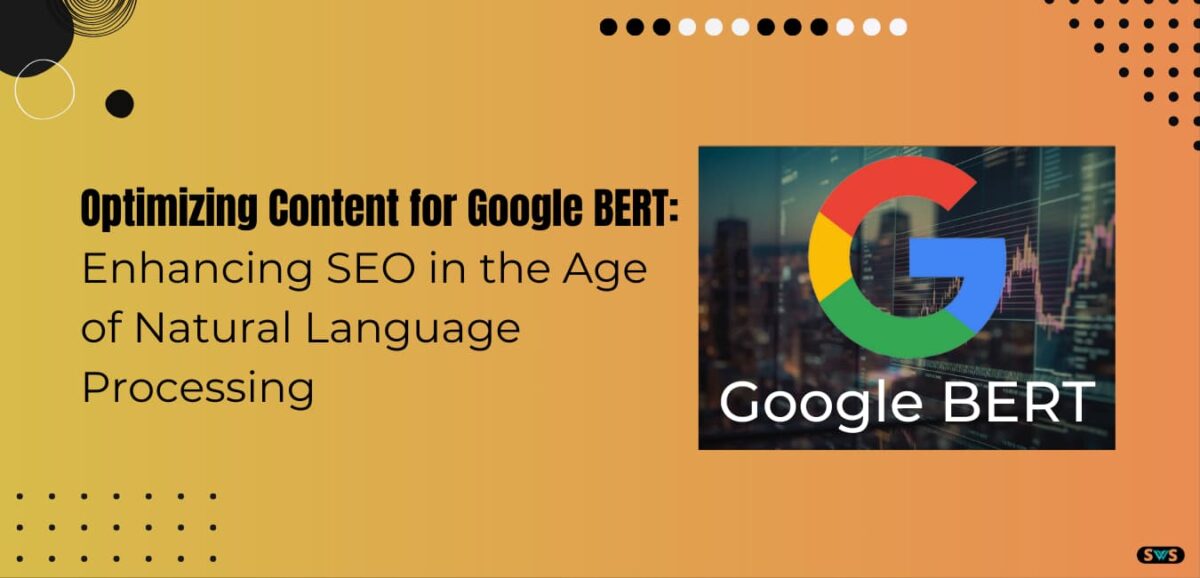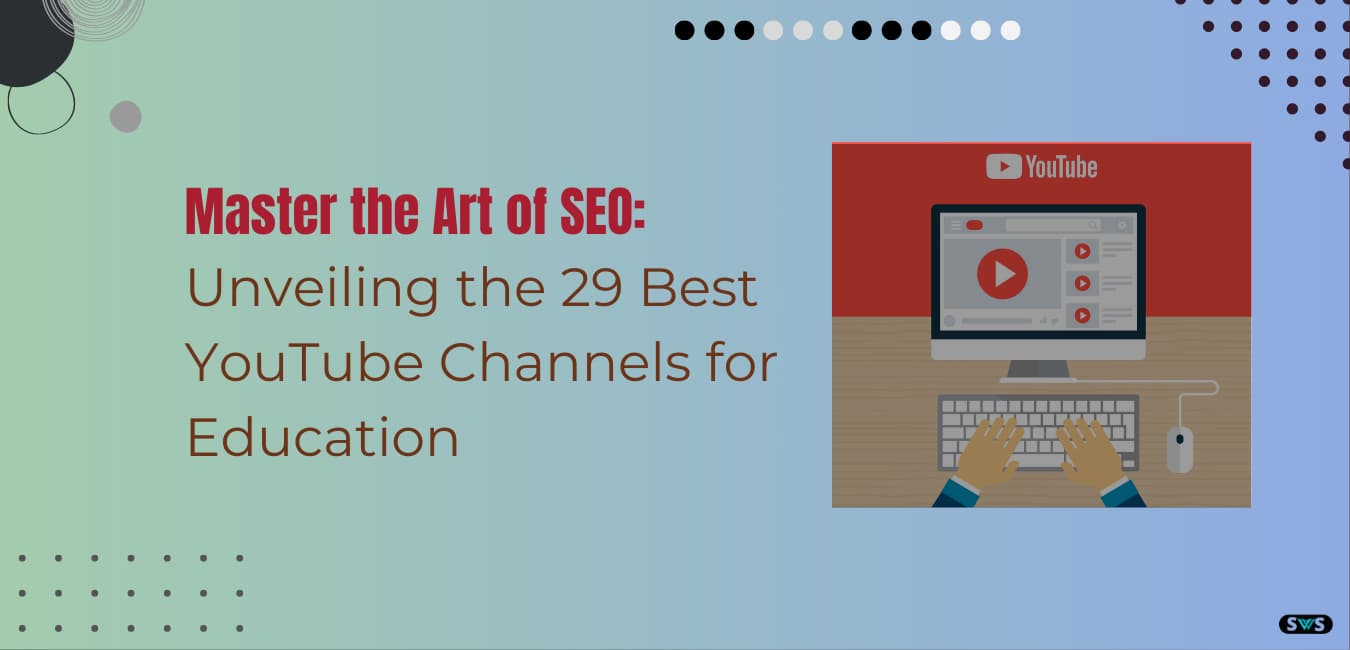Reading time: 3 mins 50 sec
In this article, we will discuss why is over-optimizing bad in SEO.
A well-optimized website is like having a secret weapon for being found in the big world of the internet.
The problem is that too much of a good thing can become harmful.
While it could seem like a smart idea, over-optimizing your website can lower its search engine ranks.
But don’t worry, we’re here to explain over-optimization in simple words so that everyone understands what it is, why it’s bad, and most importantly, how to avoid it.
So let’s get started
Read This: Surfer SEO Vs Ahrefs
What is Over-Optimization?
Let’s begin with the fundamentals.
When you put out too much work to improve your website’s search engine ranking, you risk over-optimization.
Although it could seem like a wonderful concept, it can make your website difficult to use and understand.
It would be difficult to read a book if every other word is a keyword, don’t you think?
That’s the result of over-optimizing a website.
Signs You Might Be Over-Optimizing:
The following are signals that you may be over-optimizing:
1. Using Too Many Keyword-Rich Links
Consider using specific words that make sense in your content rather than stuffing it with links that are stuffed with keywords. Here’s how you should approach it: imagine you’re explaining the link to a friend.
2. Stuffing Your Content with Keywords
The content may become unreadable if it contains too many keywords. Make sure the content flows naturally and is simple to read by using suitable keywords.
3. Over-Optimizing Your Website’s Footer
Avoid stuffing the footer of your website with useless regards and links. Make sure it’s clean and easy to utilize. Here, important details about your company, such as your contact information, are more useful.
4. Putting Keywords in Your Domain Name
The name of your website is crucial. Avoid damaging it by overusing keywords. Make it memorable, simple, and consistent with your brand.
5. Building Too Many Links to Main Pages
Expand out your internal links. Instead of stuffing your homepage and main pages with links, direct readers to more in-depth, helpful content on your
6. Linking to Low-Quality or Spammy Sites
Choose the websites you link to carefully. Quantity is not as important as quality. Provide trustworthy website links that are relevant to your content to increase your trustworthiness.
7. Creating Duplicate Content
Your website should have something unique to offer on every page. Keep in mind that copying content from other websites could get you penalized by search engines.
Read This: 7 Best DIY SEO Software
8. Using iFrames Incorrectly
Make sure you use iFrames correctly if you’re integrating anything with them. When it’s required, utilize the noframes tag instead of filling iFrames with keywords.
9. Mishandling Content Syndication
Take care in how you arrange the content if you plan to market it on other platforms. Over-optimization can be avoided with proper organization.
10. Social Media Over-Promotion
Don’t overdo it with social media promotion, even though it works wonderfully. Instead of overstuffing it with keywords and links, concentrate on producing interesting, useful content.
11. Excessive Link Building
In the field of link building, quality is better than quantity. Instead of stuffing your website with links, concentrate on obtaining links from trustworthy sources.
12. Affiliated Link Exchange
Make sure the links you exchange with other websites are high-quality and relevant. Do not overoptimize your anchor text; instead, diversify it.
13. Hyper-Optimized Content
Stay clear of keyword stuffing into your content. Rather, concentrate on producing engaging, meaningful content that speaks to your audience naturally.
Read This: Moz Local Vs BrightLocal
How to Avoid Over-Optimization:
After identifying possible problems let’s look at how to maintain website optimization without going over optimise:
1. Use Descriptive and Natural Language
Make sure that you use natural language when generating links and content. Consider what would be interesting and useful to your audience.
2. Focus on Quality Over Quantity
The keys to success are high-quality content, high-quality links, and high-quality user experience. Take your time while creating links and avoid overstuffing your content with keywords.
3. Stay Relevant and Unique
Your website should have something special to offer on each page. Make sure your website is unique in terms of its design, content, and user experience, and avoid copying content from other sources.
4. Engage on Social Media Thoughtfully
While social media is a useful tool, avoid spamming your audience with messages. Naturally, interact with your audience by posting interesting content that is relevant to your topic.
5. Regularly Update and Improve
SEO is a continuous process rather than a one-time event. Make sure your website is up-to-date and user-friendly, check for broken links, and refresh your information regularly.
Read This: What Is SEO Poisoning
Conclusion
In this article, we will discuss why is over-optimizing bad in SEO.
Finding the correct balance is essential in the big world of the internet.
Although optimization is essential to the success of your website, over-optimization can be harmful.
Without going extreme with optimization, you can optimize your website’s exposure by putting a focus on natural language, high-quality content, and user experience.
Maintaining simplicity, engagement, and relevance will ensure that your website stands out in the digital age.
If you like this article please share and comment.
Read Also
- Top 65 Technical SEO Interview Questions And Answers
- Does Bold Text Help SEO
- How To Create The Perfect H1 Tag For SEO
- Google Announces Five Changes Coming To Mobile Search
- Benefits Of Using Semrush
FAQ
Why is over optimising bad hubspot?
However, if you place too much focus on SEO at the cost of user experience or architecture, it may actually lower your ranking. Over-optimization is known for its practices, such as keyword stuffing, link spamming, and other black-hat SEO tactics.
What is over-optimization?
Over-optimization for search engines refers to the process of making so many changes to a website’s search engine optimization that the site’s ranking starts to suffer.
How can we avoid over-optimization?
Instead of over-optimizing and completing your content with keywords, concentrate on producing high-quality, audience-relevant content. Don’t force keywords into your content; instead, use them organically. Instead of using the same keyword over and over, consider using synonyms and similar terms.
Can we over optimize our website?
Therefore, over-optimizing your content could be counterproductive. A terrible UX is always the result of over-optimization. If you overuse words, it will not be easy or enjoyable to read your work. Links full in a text do not make it attractive either.
What is bad optimization?
It indicates inefficient usage of system resources. It typically means a reduced gaming experience, particularly on less powerful PCs.



